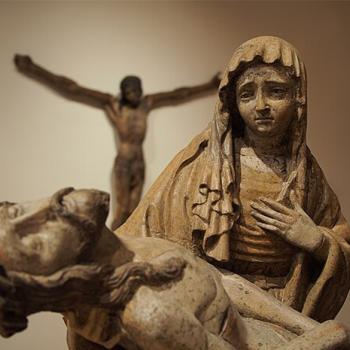According to Isaiah 56:3, sons of strangers ought not say that the Lord has separated him from the people; eunuchs ought not to think of themselves as dry trees. When eunuchs keep Sabbath, they become fruitful (vv. 4-5). The blessings to strangers and eunuchs are spelled out chiastically: A. What sons of strangers shouldn’t say, 3 B. What eunuchs shouldn’t say, 3 B’. Blessings on eunuchs, vv 4-5 A’. Blessings on strangers, vv 6-7 Verses 3 and 6 speak of... Read more




















